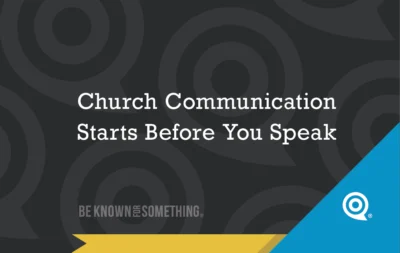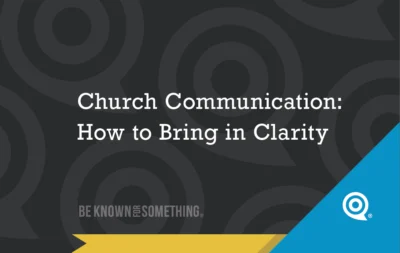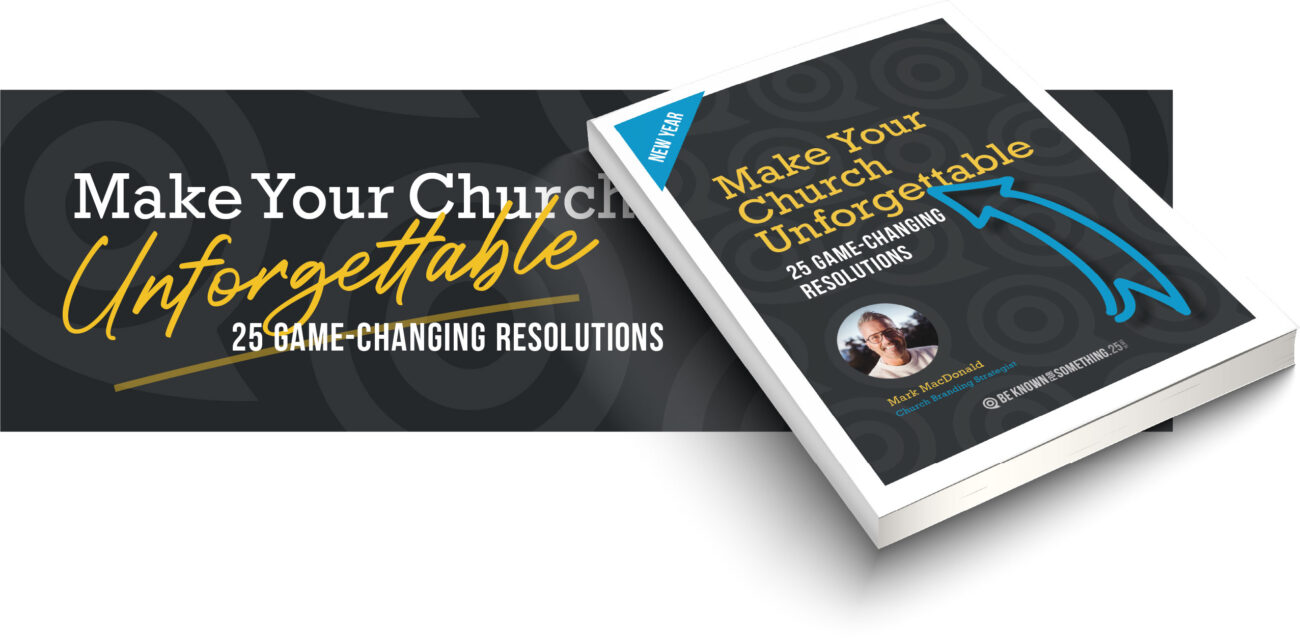3 Unlikely (but Essential) Ways to Communicate Generosity

God, in scripture, demonstrates unlikely generosity. In 1 Kings, we enter Elijah’s world that was being punished with drought. The perfect time for God to shine since He loves to provide in a time of need.
Instead of God doing a miracle Himself, He introduces His prophet. God loves to use His people.
God tells Elijah to go to a distant town — out of his comfort zone. Yep. He often leads His servants there! Then the scene shifts to a widow who’s gathering sticks to make a final fire for her to cook on. And then die. What a dire situation. But this is how God wants to sustain His prophet.
In this grand scheme, He’s going to prove Himself to the widow AND the prophet.
God tells Elijah that she will feed him. Now that’s unlikely for Elijah. And can you imagine what the widow thought when she was asked to provide. Such an impossible situation.
From her final handful of flour and the end of a jug of oil, Elijah asks her to make him food. And with crazy faith, she trusts that God will replenish. And willingly gives. Of all she has.
That’s the generosity that God demands. He often puts us in a crazy situation and demands trust.
Perhaps you’re like Elijah and God’s given you a vision of what He wants to accomplish through seemingly impossible giving. Maybe your audience is like the widow and has nothing but a small reserve. God wants us to trust.
What I’ve learned? People won’t give to a God-sized vision if they’re not aware. Effective communication plays an important role in accomplishing God’s work. Here’s how to do it well:
- Cast an unlikely vision that only God can accomplish. How do you know a God-sized vision? It can’t be done without His intervention. Stop looking at what is and start imagining what could be! Prayerfully cast the vision (prove the need). Not because you’ll look good, but because HE will.
- Describe unlikely methods from unlikely sources. Be specific and give ways for people to act. Ensure digital and old-school ways. Just eliminate barriers to action. And suggest that your audience reach out of their comfort zones and actively trust in God’s provision.
- Share unlikely stories of God’s unlikely purposes. Along the way, use others to tell the story of what God’s doing. Make God the hero of the provision and invite others to jump into the cast of characters that He’ll use. As the leader, keep their eyes fixed on God’s purposes and continuously stretch people to rely on God to write their story.
Wait. I didn’t finish the Biblical story of the Widow! God blessed her as she fed God’s prophet. The flour never disappeared nor did the oil run dry as she baked. It was supernaturally extended. That’s the unlikely outcome of generosity.
It started by requiring her to act before a miracle could happen. Let’s communicate that!
Want 25 Game-Changing Resolutions?
Related Posts

Church Communication Starts Before You Speak
Church communication does not begin with a sermon. Instead, it begins the moment someone arrives on your property. Before a

Church Communication: How to Bring in Clarity
In the new year, pastors often set goals. They want to grow attendance, launch new ministries, or strengthen discipleship. However,

Church Branding: Why Every Church Is Known for Something
Everyone is known for something, including your church. This is the heart of church branding. The real question isn’t whether

